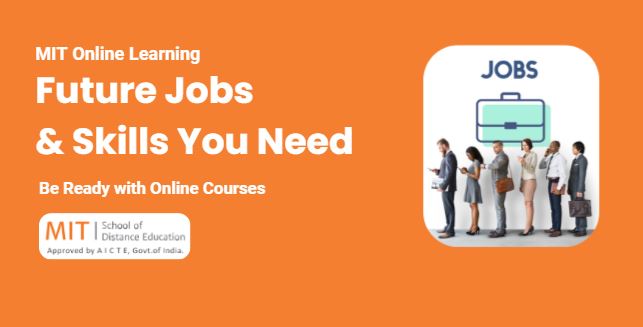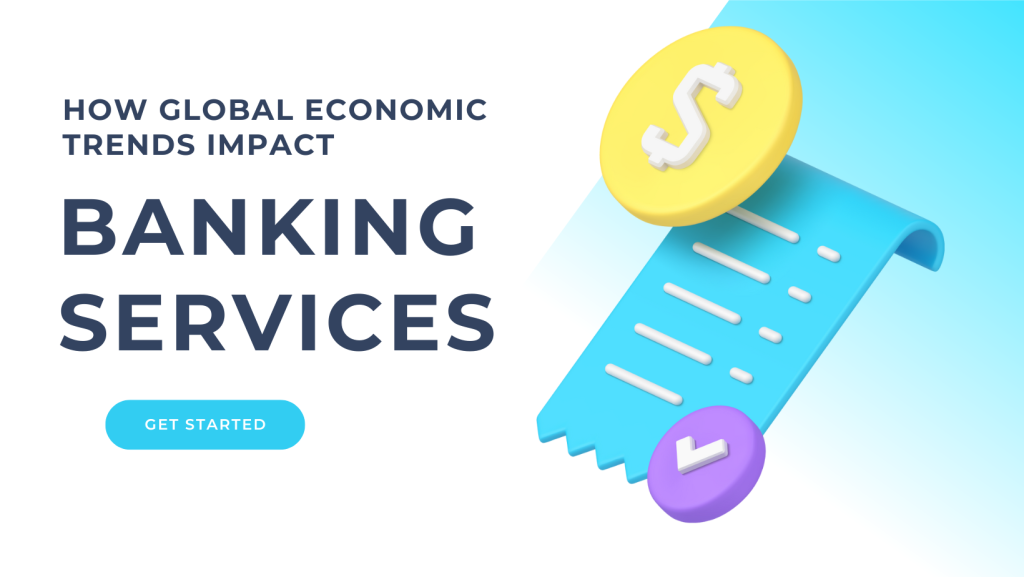
1. The Shift Toward Lifelong Learning
One of the most important changes in the global workforce is the growing importance of lifelong learning in the future job market. In the past, earning a degree was often considered enough to build a career. Today, however, that is no longer the case. Technology is advancing at such a rapid pace that skills learned five years ago may already be outdated.
This is where online courses for future career growth play a vital role. From short certification programs to advanced management degrees, professionals now have the flexibility to upskill without taking a career break. Programs such as an ONLINE MBA or ONLINE PGDM are designed for working professionals who want to acquire advanced knowledge while continuing their jobs. Similarly, executives looking to strengthen their leadership and strategic thinking skills are increasingly turning to online Executive MBA and ONLINE Executive PGCM courses.
These flexible learning options ensure that employees can stay competitive in their fields while building resilience against job market uncertainties.
2. Technology-Driven Careers
The future job market is being shaped by disruptive technologies like Artificial Intelligence (AI), Machine Learning (ML), Data Science, Blockchain, and Cybersecurity. While automation may replace certain repetitive jobs, it is also creating new opportunities in fields that require human-machine collaboration.
Some of the top skills in demand for future careers include:
- Data Analytics and Data Science
- Artificial Intelligence and Machine Learning
- Cybersecurity and Information Security
- Cloud Computing and DevOps
- Digital Marketing and Social Media Strategy
- Business Analytics
- Product Management
Professionals who gain these skills through online courses for future career growth or specialized programs like an ONLINE MBA with IT specialization will find themselves better positioned in the competitive job market.

3. Remote and Hybrid Work Is Here to Stay
The COVID-19 pandemic accelerated the adoption of remote and hybrid work models, and this shift has now become a permanent feature of the workplace. Employees today value flexibility as much as salary and job security. Employers, too, are recognizing the benefits of tapping into global talent without geographical restrictions.
Future professionals will need strong digital collaboration skills, self-management abilities, and adaptability to thrive in this new work environment.
Here, online education platforms play a dual role: not only do they provide knowledge, but they also train professionals in working and learning in virtual environments—a skill that directly translates into the future job market.
4. Skills Over Degrees
In the past, a degree from a reputed institution was considered the most valuable credential for employment. While degrees still hold weight, employers today are increasingly prioritizing skills over degrees.
Companies are looking for candidates who can demonstrate future skills needed for the job market, such as problem-solving, critical thinking, adaptability, and leadership. This is why certifications, micro-credentials, and online courses for future career growth are gaining recognition.
An ONLINE PGDM with a specialization in operations, finance, or marketing, for example, is highly valued because it demonstrates both subject knowledge and a commitment to continuous learning. Similarly, short-term credentials in areas like data science or AI can provide a competitive edge in landing high-demand roles.

5. Gig Economy and Freelancing Opportunities
Another trend shaping the future of work is the gig economy. Increasingly, professionals are exploring freelance work, short-term contracts, or consulting roles rather than traditional full-time employment. Platforms that connect freelancers with businesses are growing rapidly, and this model gives professionals the freedom to choose projects that align with their interests and expertise.
The gig economy is particularly strong in industries like:
- Information Technology
- Digital Marketing
- Design and Content Creation
- Finance and Consulting
Professionals who pursue online Executive MBA or ONLINE PGCM programs often leverage their knowledge to move into freelancing or consulting roles, combining flexibility with financial growth.
6. Green Jobs and Sustainability
As businesses around the world commit to environmental, social, and governance (ESG) goals, the demand for green jobs is on the rise. The renewable energy sector, sustainable finance, and eco-friendly operations are generating opportunities for professionals who understand sustainability practices.
An ONLINE MBA in sustainability management or specialized certification courses in green technologies can prepare individuals for leadership roles in these emerging sectors. Future-ready professionals will be expected to integrate eco-conscious practices into every business strategy.

7. Human-Centric Skills Will Remain Irreplaceable
While technology is automating several processes, human skills remain irreplaceable. Emotional intelligence, leadership, negotiation, empathy, and creativity will continue to be crucial. Employers will seek professionals who can balance technical expertise with human-centric management.
For instance, while AI might analyze customer data, it still takes a human leader to design strategies that build long-term trust and brand loyalty. This is why online Executive MBA programs often emphasize leadership, communication, and strategy alongside technical knowledge.
8. Globalization of the Workforce
The job market is no longer confined by geography. A professional in India can now work for a U.S. or European company without relocating. This globalization of work has opened doors to new opportunities but also increased competition. To thrive, individuals need top skills in demand for future careers along with cultural intelligence and global business acumen.
Pursuing an ONLINE MBA or ONLINE PGDM with international exposure can help professionals gain the skills required to operate in cross-border environments. Many online programs also include global case studies, projects, and networking opportunities that prepare learners for a truly international career.

9. Reskilling and Upskilling for Career Advancement
The pace of technological advancement means that professionals must constantly reskill and upskill to remain employable. Companies are investing heavily in learning and development programs to keep their employees ahead of the curve.
For individuals, the best approach is to enroll in online courses for future career growth. Whether it’s a short-term certification in a niche area or a comprehensive ONLINE PGDM program, upskilling is the key to staying future-ready.
10. Preparing for the Future Job Market
The trends clearly show that the future of work will demand professionals who are flexible, tech-savvy, and committed to lifelong learning. If you are planning your career path,
here are a few steps to prepare yourself:
- Enroll in an ONLINE MBA or ONLINE PGDM program for managerial and strategic skills.
- Choose an online Executive MBA or ONLINE Executive PGCM if you are a working professional aiming for leadership roles.
- Focus on acquiring future skills needed for the job market, such as data science, AI, cybersecurity, and digital marketing.
- Build a portfolio of certifications and projects through online courses for future career growth.
- Stay adaptable by embracing remote work, gig opportunities, and continuous learning.
Conclusion
The future of the job market is dynamic, diverse, and full of opportunities for those willing to adapt. Technology will continue to reshape industries, but it will also open doors to new-age careers that demand a mix of technical expertise and human skills. The importance of lifelong learning in the future job market cannot be ignored—whether through an ONLINE MBA, ONLINE PGDM, ONLINE PGCM, online Executive MBA, continuous upskilling is the key to success.
As the workplace evolves, those who invest in online courses for future career growth and focus on acquiring top skills in demand for future careers will thrive. The future belongs to professionals who embrace change, harness technology, and commit to a journey of lifelong learning.


